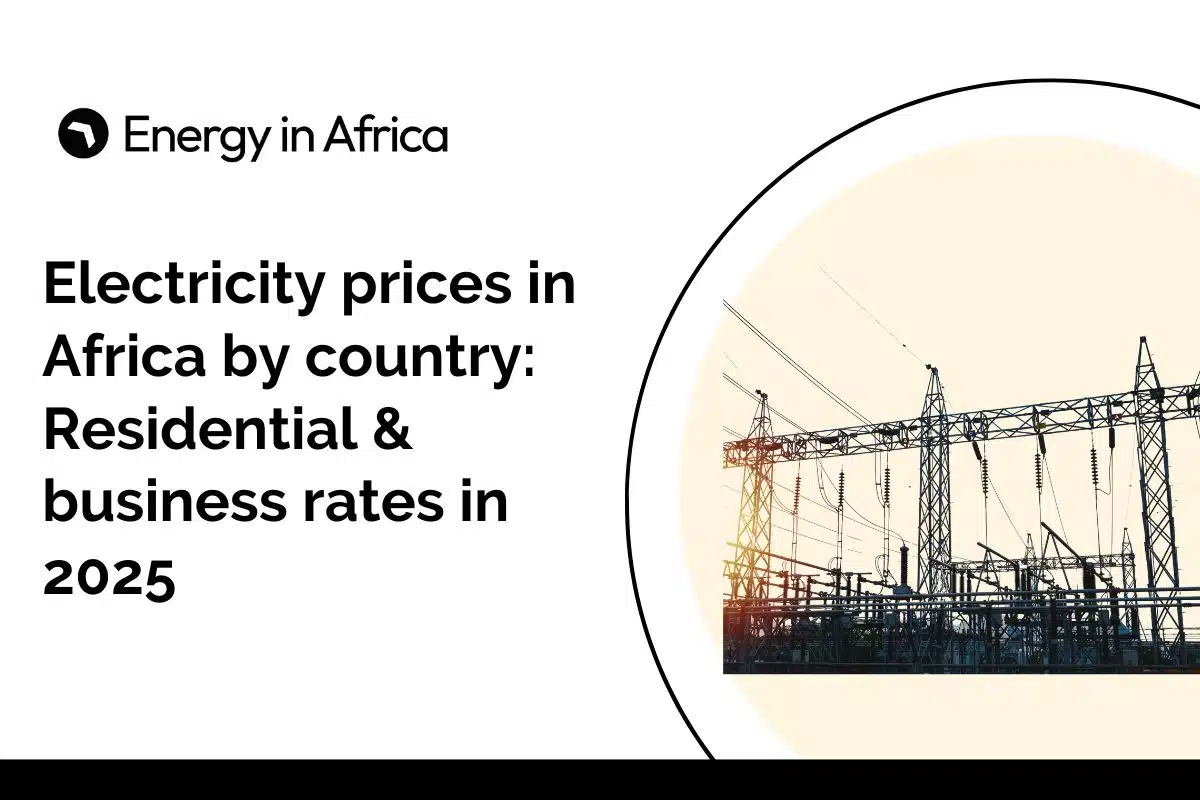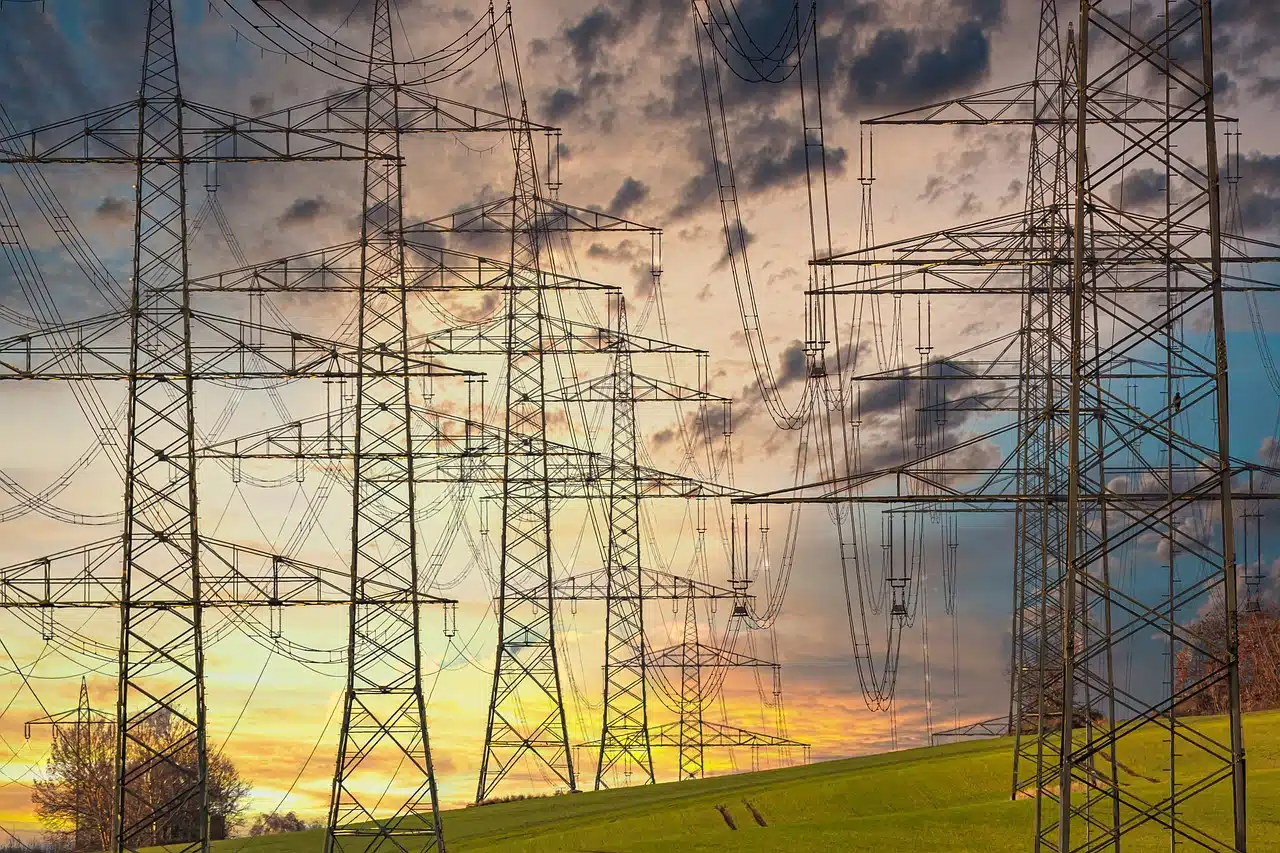In the bustling corridors of Lagos’s tech clusters, server rooms hum with activity, developers push code through sleepless nights, and fintech platforms process billions of Naira in transactions.
Nigeria’s digital economy is experiencing unprecedented momentum — new data centres are springing up, AI development hubs are expanding, and global investors are eyeing Africa’s largest market.
But underneath this surface of progress lies an invisible crisis that cannot be captured in neat dashboards or investor pitch decks.
It is the crisis of power. Nigeria’s unreliable electricity supply is generating a kind of “dark data” — not in the conventional sense of unused information, but in the hidden costs, unlogged failures, and untold inefficiencies that now plague the very systems meant to build the nation’s digital future.
Nigeria has made massive strides in digital infrastructure in the past five years.
From MainOne’s Tier III data centre in Lekki to the Rack Centre’s West Africa hub and the country’s booming fintech sector, the story is one of potential.
The data centres market is just taking off.
Countries such as Egypt, Kenya, Morocco, Nigeria, and South Africa are beginning to attract data centre investment.
For example, the U.S. International Development Finance Corporation (DFC) invested $300 million and the International Finance Corporation (IFC) invested $250 million in Africa Data Centres, which is part of Lagos-based Liquid Intelligent Technologies Group and is the region’s first and largest network of data facilities.
Tech giants like Microsoft and Google are building broadband and AI-skilling pipelines, while start-ups are solving everything from identity management to health care access.
Yet, nearly all this innovation rests on a fragile foundation — a failing power grid. Without reliable public electricity, the nation’s most critical data systems are fuelled by diesel generators.
Data centres — the heart of the digital economy — require uninterrupted, high-quality power.
Even momentary outages can cause data corruption, interrupt AI training models, crash financial services, or delay cloud-based operations. And with Nigeria’s grid routinely collapsing, these risks are not theoretical.
This is the new face of dark data in Nigeria: not just unused data but data damaged, delayed, or destroyed by an unstable energy supply.
Power instability is a digital liability
Nigeria’s electricity transmission system is notoriously weak. Frequent collapses, aged transformers, and under-capacity lines result in daily economic losses of millions of naira.
Commercial users — including data centres and tech firms — receive less than 12 hours of supply daily, often in erratic bursts unsuitable for high-demand, sensitive operations.
Digital infrastructure is particularly vulnerable. Unlike conventional manufacturing or retail, where temporary blackouts can be absorbed, data infrastructure must operate continuously and precisely.
Voltage fluctuations can corrupt real-time transactions. Inconsistent cooling systems, due to power cuts, degrade server performance. Scheduled maintenance becomes unpredictable.
The infrastructure to create a seamless, secure, smart digital Nigeria is riddled with unseen gaps. Data is being generated, yes—but at what cost? How much is lost and misprocessed, and how many operations are silently failing under the radar?
In 2023, the Africa Data Centres Association named power instability the number one risk to the continent’s data future, and Nigerian respondents overwhelmingly echoed that sentiment.
Diesel dependency: financial and environmental toll
Nigerian tech firms and data providers rely on diesel to keep servers online. However, this workaround is both economically and environmentally damaging.
Since the removal of the fuel subsidy and the floating of the naira, diesel costs have surged. By February 2025, prices crossed N1,000 per litre in parts of the country.
With some data centres consuming upwards of 5,000 litres daily, monthly energy bills for digital operations now run into hundreds of millions of Naira.
The climate implications are equally dire. Diesel-run data operations emit vast amounts of carbon, undermining Nigeria’s green commitments under the Paris Agreement.
Unlike their counterparts in Kenya, South Africa, or Morocco, where renewable energy is increasingly integrated into digital infrastructure, Nigerian data systems are among the most polluting per terabyte.
When the lights flicker, the data fails
In AI training labs, interrupted power cuts don’t just crash models; they delay breakthroughs. In fintech offices, they slow transactions and erode customer trust.
In e-health platforms, power lapses don’t just pause appointments; they risk lives.
This is the deeper meaning of dark data in Nigeria’s digital infrastructure — information that never reaches its full value due to power-induced disruptions.
Some consequences are measurable: cost overruns, backup system failures, carbon emissions. Others are more insidious: damaged customer trust, reduced system uptime, corrupted logs, lost innovation cycles, or startups folding before they reach scale.
Something as basic as the inability to keep the lights on renders this data inefficient—or even dangerous.
Speaking to Energy in Africa, David Okafor, a software engineer based in Lagos, shared how Nigeria’s persistent electricity problems continue to disrupt his work and undermine digital progress in the country.
“As a software engineer working in Lagos, the power issue isn’t just a background inconvenience — it directly undermines our ability to build and maintain digital systems,” David said.
“I’ve had training runs for machine learning models completely wiped because of abrupt power cuts. You can’t always recover the work. We end up losing valuable time and computational resources, and in some cases, entire projects stall because we don’t have a stable energy foundation to work with.”
Tunde Philips is a backend programmer working out of Lagos. He believes the situation is even more alarming for developers and AI enthusiasts trying to innovate in such a challenging energy environment.
“Even with cloud infrastructure and redundancy measures, local instability still finds a way to seep in — through latency, corrupted logs, or delayed updates. It’s like running a race with a slipping shoe; you can push as hard as you want, but eventually, the system will trip you,” Tunde said.
Nigeria may be losing out
Elsewhere on the continent, power-smart digital economies are emerging.
In Nairobi, the 2024 launch of a 100MW green-powered data centre signals Kenya’s intent to lead.
South Africa’s relatively stable energy zones continue to attract Big Tech investments, while Morocco is positioning itself as a low-carbon data destination by pairing cloud facilities with solar infrastructure.
Nigeria risks falling behind, not due to a lack of talent or ambition, but because of something as elemental as electricity.
“A significant challenge facing the development of data centres in Nigeria is the country’s inadequate power infrastructure,” according to a statement from Rack Centre, one of Nigeria’s leading colocation data centres.
“Nigeria is known for its frequent power outages, which can cause significant damage to IT equipment and disrupt business operations.”
Similarly, a policy paper by the Energy for Growth Hub frames Africa’s digital power race in broader economic terms:
“Africa’s energy sector and the potential for AI data centre development are entangled in a chicken-and-egg dynamic: data centres need reliable, abundant power to operate, while improving power systems depend on stable demand from commercial customers like data centres.”
These insights make it clear: while peer nations are aligning their digital ambitions with sustainable energy strategies, Nigeria remains tethered to a model driven by diesel, outages, and reactive infrastructure planning.
Can Nigeria Still Lead?
Nigeria must treat its digital and power infrastructure as intertwined priorities to avoid becoming a cautionary tale. Grid modernisation must move beyond paper reforms.
Targeted support must be provided for integrating clean energy into digital hubs—solar, battery storage, and embedded power solutions scaled specifically for data-heavy operations.
Lagos’s efforts to decentralise electricity after the constitutional amendment offer hope, but the gains will remain localised without urgency and strategic alignment.
Nigeria’s digital economy—from fintech to AI—can not thrive in the dark. Unless the energy crisis is addressed at its root, the country risks building a vast, expensive, and tragically unreliable data infrastructure.
When data dies in the dark
In the age of big data, AI, and cloud platforms, electricity is more than just a utility — it is the silent engine of innovation.
Nigeria’s power crisis is not just slowing digital progress; it is quietly generating dangerous “dark data” — corrupted transactions, lost logs, interrupted model training, and analytics systems that never perform as designed.
These failures rarely make the headlines and are not always visible on dashboards or balance sheets.
But they are happening in fintech apps that freeze mid-payment, in AI labs restarting weeks of training, and in health tech platforms where downtime equals missed diagnoses. Every disrupted byte is a missed opportunity.
Every corrupted packet is a broken promise.
Unless Nigeria powers its digital future with reliable energy, the boom we see today may prove to be a mirage — a brilliant surface undercut by failure.
And in the data economy, what you can’t store, compute, or protect… is already lost.









